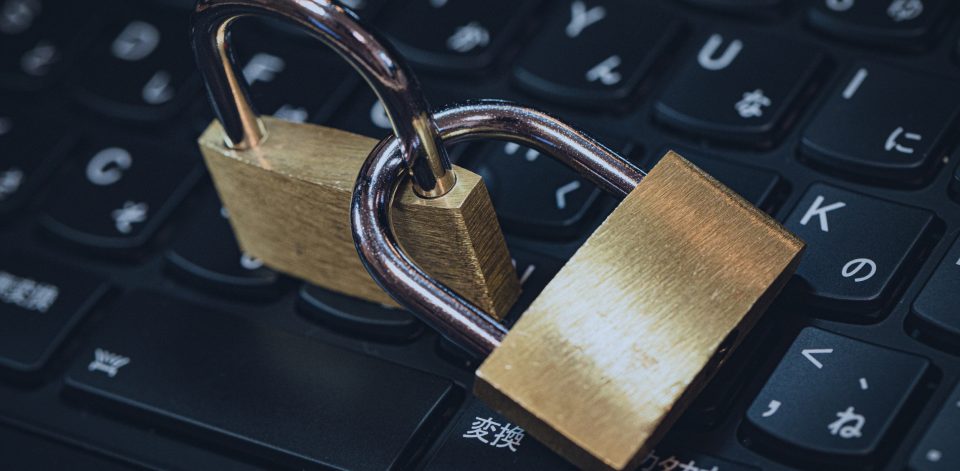
By Lloyd Nicks on August 30, 2024
These days it’s very easy to be cynical about your data privacy; it feels as if every big company has been hacked or leaked some of your private data. In 2023 alone, there were over 3200 reported compromises affecting over 350 million people, according to The Identity Theft Resource Center. Why am I relaying this to you? It’s very easy to feel like our efforts are an exercise in futility, but that’s exactly why I want to point out, don’t give up on your data privacy.
When we think of Data Privacy, we think of social security numbers, we think of bank account numbers, we think of faceless folks exploiting systems to steal money, but data privacy goes so far beyond that, and yet right in front of our noses. Focus your cynicism on what we share in the first place, on the places we can control, with some simple mindful considerations:
Consider how data can be abused
As an example, data such as office hours, syllabi, or even meeting notes give people specific information on locations or happenings. You may talk about someone who wasn’t even at the meeting. Our jobs are inherently political by nature of being of an institution of higher education, which traditionally has its roots in activism. We’ve seen very recently the effects of such things on campus, and we have a very contentious climate. It’s very important to understand that your digital presence and physical presence overlap considerably.
Don’t make it any easier
If it’s all on the dark web already, how can we make it easier? It’s actually much easier, as everyone knows how google works. We work for a world class, public institution; our search results will naturally be higher out of name recognition. It doesn’t take a hacker to get that information, especially from our own websites. Ask yourself, do you need to share it in the first place?
Not everyone has the same level of concern
While you may be comfortable with the level of security in your own life, don’t assume the same for others. While you may be ok posting your pictures to Instagram or even your photo to a profile on your website, your coworkers may not share that notion. Data sharing of any kind should always be optional, should start with the bare minimum, and added to as needed. Be mindful of sharing any photos or videos or tagging content which might include others. At minimum, just ask people, don’t assume.
Obviously, mindfulness is just the start, but that’s where HumTech can help you. If you’re looking to publicize events, share awesome news, or just show off your team efforts and are concerned about security, please feel free to talk with us. If you’re looking for alternatives or ways to share data that are much more private, we have a whole host of options. If you have any questions or concern, please feel free to email support@humnet.ucla.edu and we are more than happy to consult and provide advice or tools to help our faculty, staff, and students have a safer environment for study and work.
Additional Resources:
- Security Best Practices – UCLA Chief Information Security Officer
- Three general characteristics to watch for in a phishing email
Main image is used under the Creative Commons 3 License – CC BY-SA 3.0
